Four Multinational Conglomerates Own the Five Main Plants where 95% of America’s Meat Supply is Processed.
And you pay the price!
Wednesday night, special guests Dr. Meryl Nass and Breeauna Sagdal and your host Dr. Kat Lindley discussed the crippling effect of USDA regulations on ranchers and much more.
For many ranchers, due to USDA regulations, their ‘cattle drive’ now means a much longer drive.
You could see, in our last webinar, that our special guest, Dr. Meryl Nass was angry. Not for herself, but rather for the ranchers, for whom the evermore prescriptive USDA regulations create hurdle after hurdle to getting their top quality product to your plate.
It shouldn’t be so difficult, but it is. The ranchers fight fire, disease, drought, floods and so much more, and worst of all they also have to fight the government.
Dr. Nass shared, “In the United States, 40 years ago, a bill was passed. It was supposed to make the meat healthier, and safer. It said you couldn't butcher meat, process and sell it unless there had been a USDA inspector on-site when that cow was butchered in a USDA-approved facility. And so those facilities have been getting fewer and fewer, and farmers and ranchers have had to carry their animals further and further to get to one of these facilities, and sometimes they have to book a spot a year or a year and a half in advance in order to butcher the animal that they've raised. So that sounds crazy, but this is how the federal government rules.”
As our other special guest, Breeauna Sagdal shared,
“It is illegal, just let me repeat that again, it is illegal in the United States to sell meat, package, processed of any kind for wholesale export or interstate distribution to grocery stores without that federal stamp.”
That’s the stranglehold the USDA has on US ranchers. It’s not a level playing field. Not by a long shot.
There’s light in a legal loophole.
Though the hurdles seem insurmountable, there is some light. There’s a wonderful loophole, and this is where you come in.
“There's one legal loophole or caveat that's called the herd-share agreement, or herd share loophole,” Breeauna continued, “and essentially, that's reserved for the owner of meat. So you'll have some states that have their own state inspection process, some states who allow people to do what's called on farm slaughter, and then you have this herd-share agreement.”
So the question is, how would you like to own a quarter of a cow? Maybe even half? And because you own a share, the processing can happen locally, and all the cash is then kept in the local economy, and best of all you “Shake your rancher's hand”. That’s the motto of The Beef Initiative, a wonderful organization determined to connect you to your local food system.
Wednesday night’s webinar was about the truth of the attack on our food supply, and it was also about not conforming if you possibly can, arming yourself with knowledge about how the system works and then deciding maybe to lose some convenience. In turn, you get to know exactly where your food is coming from, and you improve the nutritional value of the food on your family table.
Dr Kat Lindley, senior fellow, family medicine was our host last night, and she was delighted to share that, “I think the lesson for all of us is that we're all in it together. And for those of you who are looking into getting your own meat, I know there are some questions. The Beef initiative is how I started, and now, once a week, I get my milk, I get my eggs, I get my chickens, I get my beef from local people, and it's great because it comes home, I know what my kids are eating. And these are small steps we can do, but we can make a difference because our money talks”
Our money does talk. Never forget that!
As NC dropped into the chat, it was a great show. Of course, we agree completely. You have to watch.
On the same topic, there’s another phenomenal symposium that you have to watch. And, because we all love Dr. Meryl Nass, here’s a shameless plug for an event that’s running through Saturday.
Now in its second year, it’s the “Attack on Farmers and Food” Symposium.
It’s presented by Dr Meryl Nass’ Door To Freedom and Children’s Health Defense. Take a look at the line-up, and take a look at how you can learn to fight back against the ever-creeping encroachment on the quality of food on your family table.
Shameless plug for the Attack on Food and Farmers over, CWE is absolutely on point. It was a very important discussion. And no question - No farmers, no food.
Also, no question - No amazingly generous FLCCC Army, no ability for the FLCCC to do all the wonderful work you empower us to do.
Dr. Lindley said it so well at the front of the show. “I would like to start the evening by thanking everyone for your support of FLCC and for joining us weekly on these webinars where we all are learning together about different subjects. We do need your continued support to help us fund this important work. So please help us spread the work, and if you can donate to us at FLCCC.net/donate. We greatly appreciate that.” We do appreciate it very much, and if you can donate, please do. Thank you.
Here’s a great example of what your incredible generosity enables us to create free for everyone, and, of course, you and your family.
The attack on your food supply can impact the nutritional value of the food that reaches your table. As food is very often the best medicine for you and your family, we at the FLCCC want to help you get your kids to eat healthy. It’s a great guide, and ready for you to download right away here.
Last week, our Executive Director Kelly Bumann dropped this into the chat. And this week Autumn Herington, our manager of webcast production & creative, also made a timely call for your story.
If you have a story, maybe where the FLCCC has helped you, our protocols, our webinars, the toolkits, the impact of mandates, any story, and maybe you have a story of medical mis-care too, please send it in to us at MyStory@flccc.net.
That’s it for this week. Thanks for reading. And maybe think about doing a bit of herd-sharing and be part of a quiet local food revolution.
We’ll see you next Wednesday. Same time, same place.
Until then.
Cheers
Greg




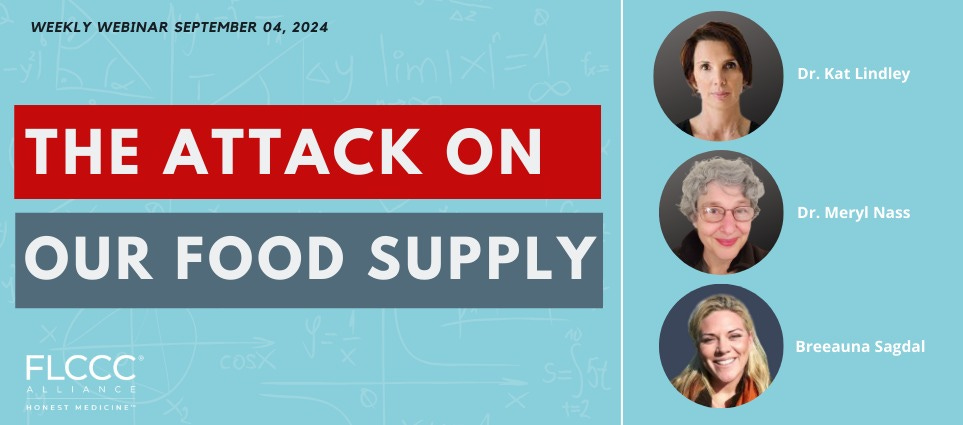
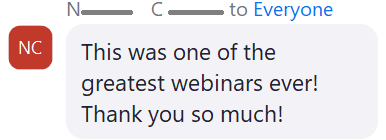
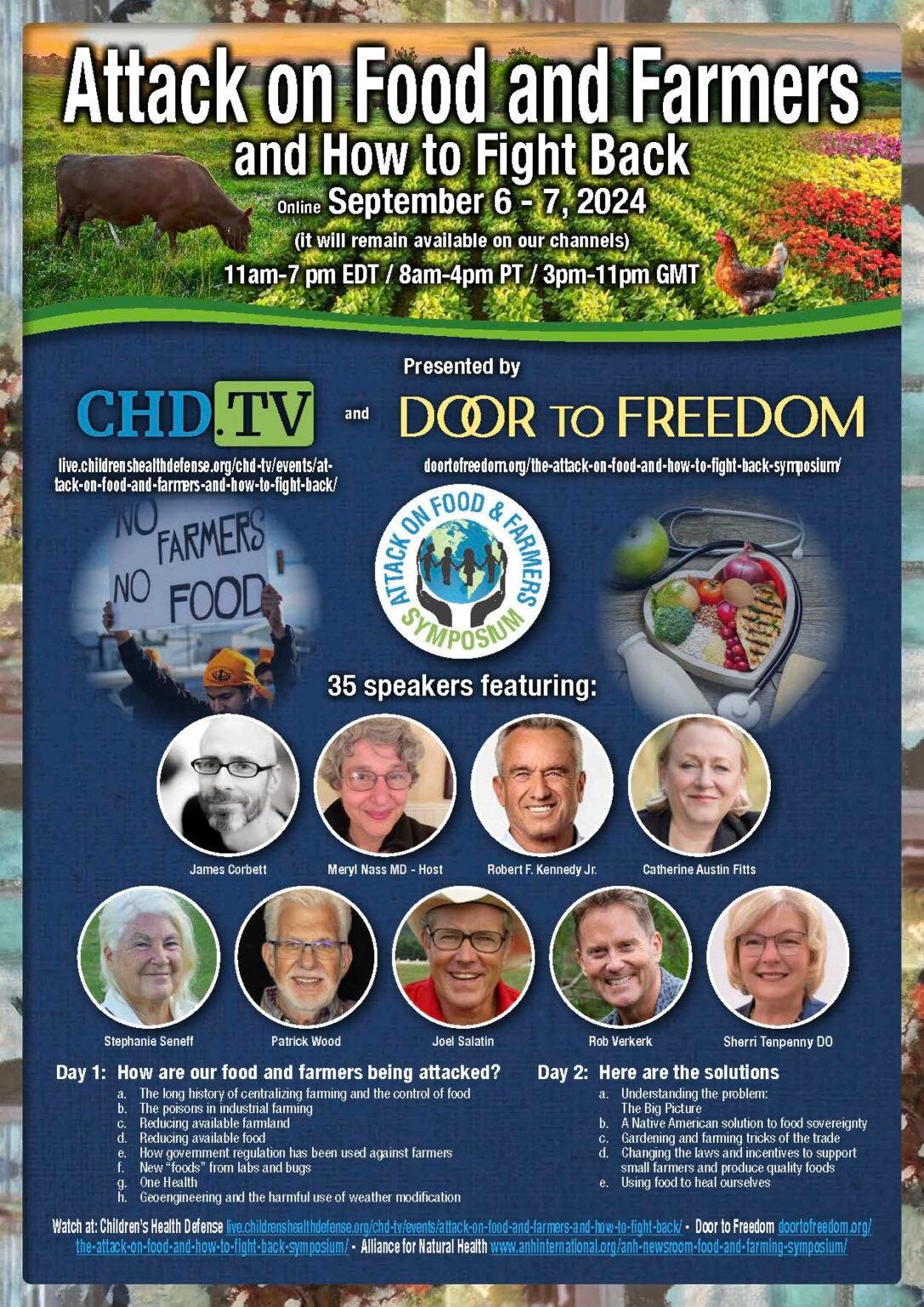
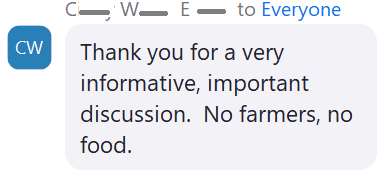
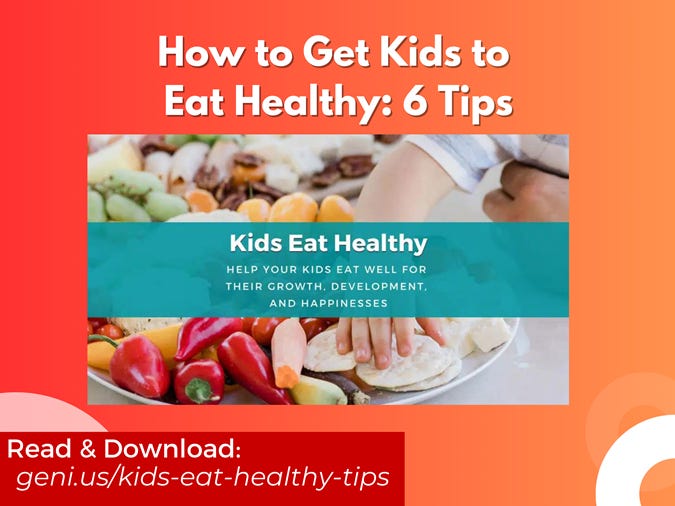
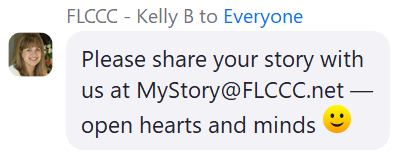
please help consumers that want to help by purchasing herd shares. we need reviews of herd share customers by ranchers previous quality and taste, etc as this is a larger financial investment with no recourse if the quality is not satisfactory.
help us to help you! use social media! local universities have programs to teach students to market by having them do it at a very low cost.
They will set up websites and provide you with multiple ways to market
I order from Wild Pastures. The meat is great and it is delivered to my door on the schedule I request.